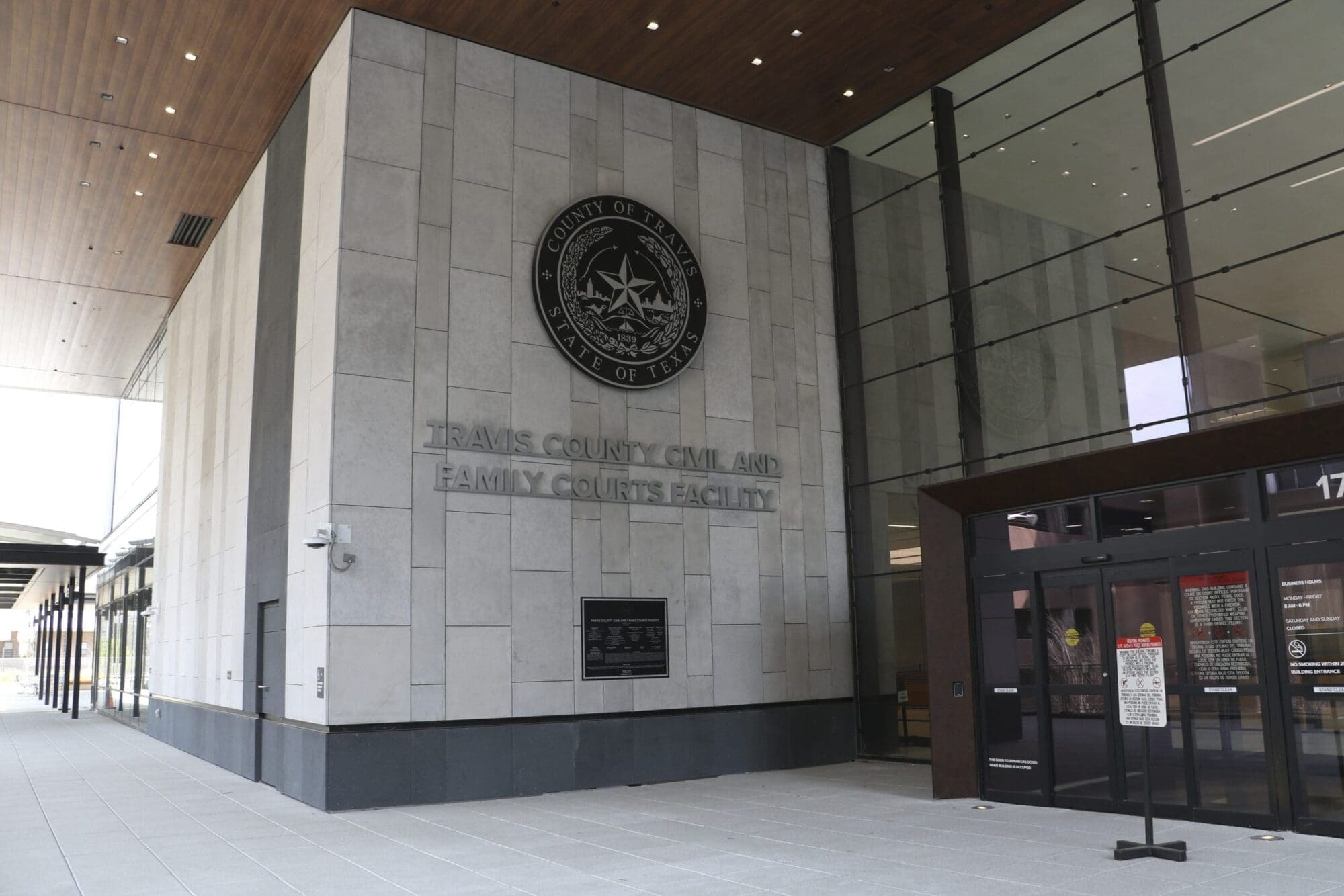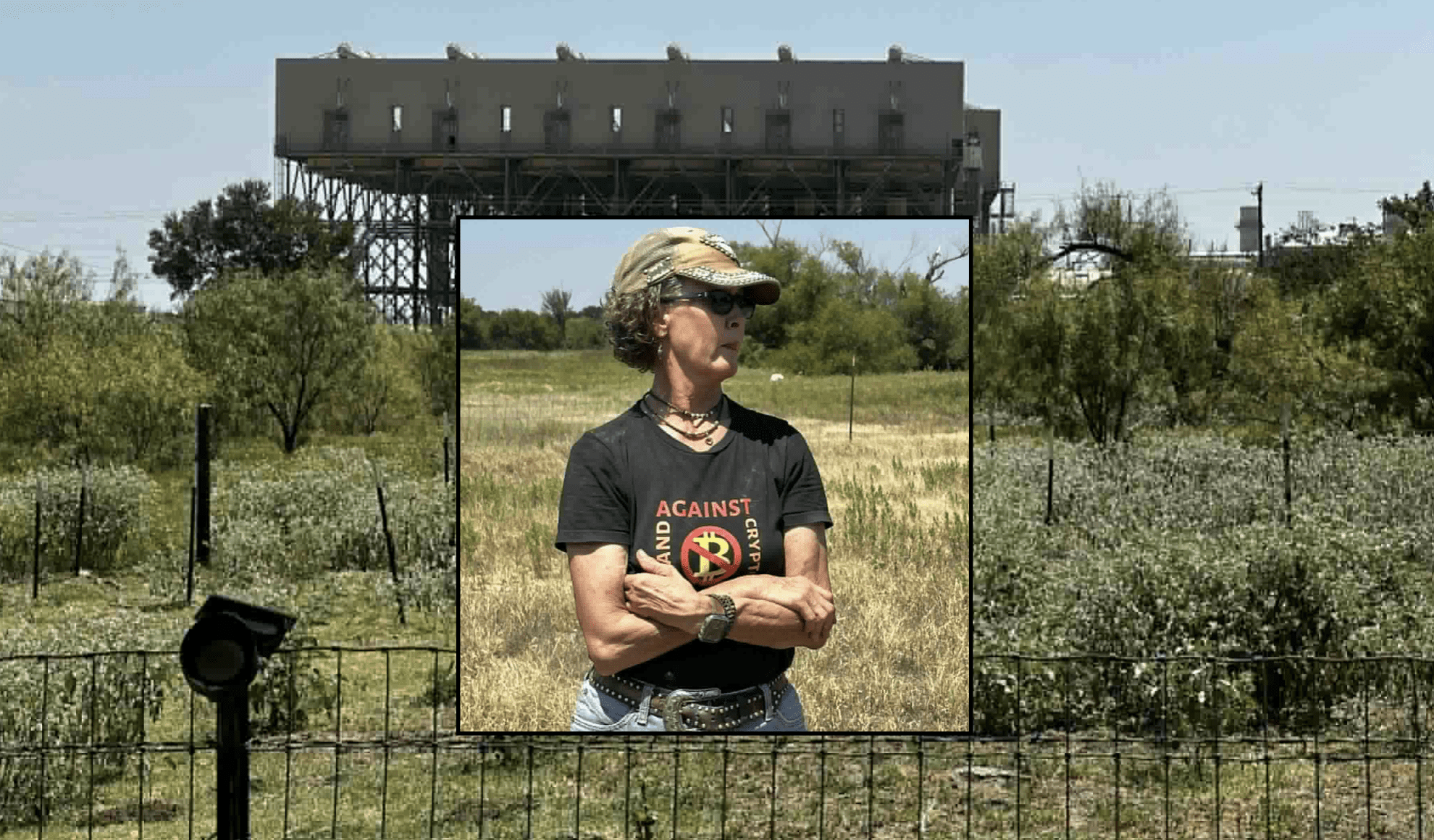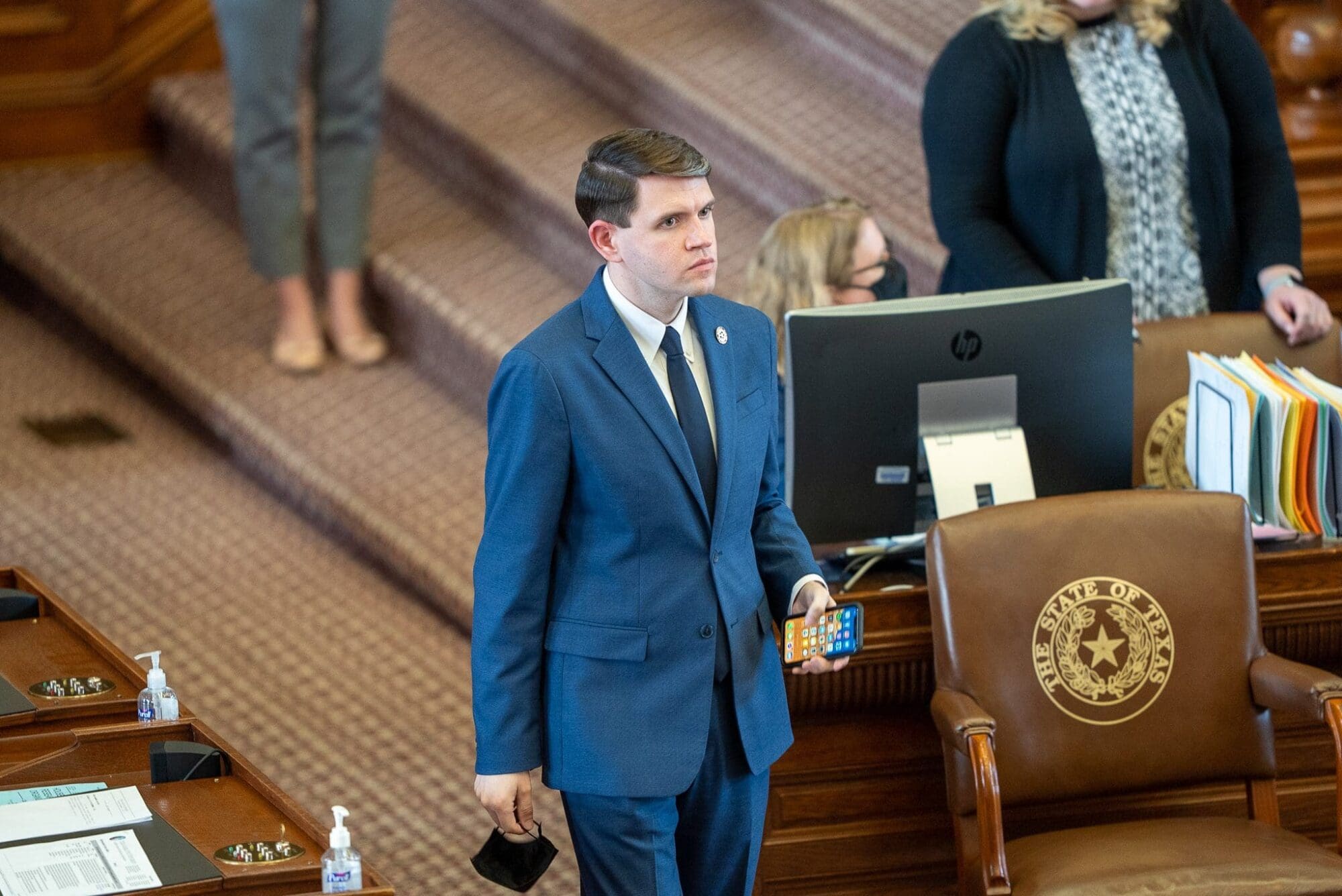In 2015, the Texas Ethics Commission investigated Texans for Lawsuit Reform, one of the most influential political organizations in the state, for failing to file required disclosures about its activities. The TEC found the group had failed to comply with the disclosure rules for lobbyists, yet TLR emerged from the ordeal practically unscathed.
Fines for TLR and its key players were laughably small:
- TLR PAC: $200
- Dick Trabulsi (TLR President): $100
- Lee Parsley (TLR General Counsel): $100
- Mary Tipps (Executive Director of TLR PAC): $100
- Drew Lawson: $100
- Mike Toomey (former Chief of Staff to Governor Rick Perry): $150
The total penalties levied against some of Texas’ most powerful political operatives amounted to less than $1,000—a sum trivial to an organization with millions at its disposal to influence elections. These fines were quickly resolved through negotiated settlements, with no meaningful impact on TLR’s ability to continue its political operations.
Contrast this leniency with the draconian treatment of Darnella Wilkerson, a grassroots activist from Houston, whose story underscores the TEC’s devastating impact on everyday citizens trying to engage in the democratic process.
The Crushing of Darnella Wilkerson
Darnella Wilkerson’s political involvement was modest and entirely local. In 2019, she served as treasurer of the African American Caucus, a small political action committee that disclosed just $3,458.60 on a single event. The money covered minor expenses like a photographer and a police escort. Despite her best intentions, Wilkerson’s efforts to comply with Texas’ complex campaign finance laws led to a bureaucratic nightmare.
A rival blogger filed a complaint with the TEC, alleging that Wilkerson had failed to properly report the sources of her PAC’s modest contributions. The TEC launched an aggressive investigation, demanding extensive financial documentation. When Wilkerson submitted redacted copies of her personal bank records to protect her privacy, TEC investigators accused her of obstructing their inquiry and subpoenaed her unredacted records directly from her bank.
Wilkerson’s financial activity was unimpressive: $2,775 in contributions from local candidates and supporters, most of which passed through her personal bank account before being deposited into the PAC’s account. But TEC investigators painted her actions as a deliberate scheme to conceal campaign finance violations. They accused Wilkerson of being a “conduit” for hidden financial activity and levied a crushing fine of $17,500 when Wilkerson failed to appear in Austin for a hearing.
A System Built to Punish the Weak
Unlike the wealthy TLR operatives, Wilkerson had no legal team to help her navigate the TEC’s labyrinthine rules. She did not have millions in political contributions at her disposal to pay off any fines. When summoned to a hearing in Austin, she informed the TEC that she lacked transportation and could not travel to make her case. The TEC responded by fining her an additional $2,500 for failing to appear at the hearing.
The ordeal ruined Wilkerson financially. Unable to continue, she resigned from the PAC, shut it down, and pledged to move to New York to escape the TEC’s reach. Her fine remains unpaid, now recorded by a default judgment of a Travis County court, accruing interest at 8 percent annually. For Wilkerson, the TEC’s enforcement actions weren’t just a penalty—they were a death sentence for her political involvement.
Two-Tiered Justice
The disparity between the treatment of TLR and Wilkerson reflects a fundamental flaw in the TEC’s enforcement practices. For the powerful, the TEC’s penalties are a mere inconvenience. TLR’s negotiated settlements were trivial in size and allowed its operatives to continue their political work unscathed. For ordinary citizens like Wilkerson, however, the TEC’s actions are devastating, turning minor paperwork errors into life-altering punishments.
As Round Rock ISD trustee Danielle Weston recently testified before the Texas Sunset Commission, the TEC’s enforcement process can be distressing for those who come in the agency’s crosshairs. The TEC opened an “ethics” investigation against Weston after a political opponent accused her of failing to report an attendee’s $20 tip to a musician who performed at one of her fundraisers.
“We didn’t know what this meant for ourselves or our families. It was very distressing. And the distress that it brought me, I will never forget,” said Weston.
The TEC’s double standard reveals the TEC’s true priorities. Rather than hold public officials and employees accountable, the TEC spends its energy targeting small-scale activists who lack the resources to fight back. Wilkerson’s story is emblematic of a system designed to crush grassroots participation at the behest of political enemies while letting well-connected actors off with little more than a slap on the wrist.
A Call for Reform
Wilkerson’s ordeal and the trials of those like her have become a rallying cry for reform. Grassroots activists argue that the TEC’s enforcement powers should be stripped when it comes to private citizens and the agency’s scrutiny redirected toward public officials and employees.
For Darnella Wilkerson and countless others, the TEC’s system sends a chilling message: political participation is not for ordinary citizens. Without change, the TEC will continue to enforce a two-tiered system of justice—one where the powerful pay pennies, and the powerless pay everything.
This is a commentary published with the author’s permission. If you wish to submit a commentary to Texas Scorecard, please submit your article to submission@texasscorecard.com.




